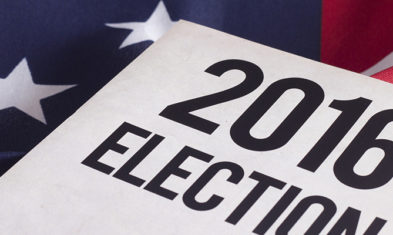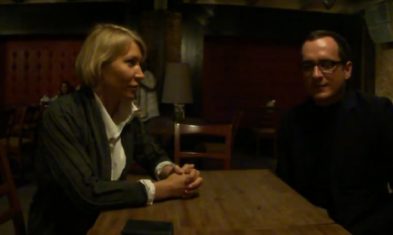Вчера состоялось расширенное пленарное заседание на конференции Gov2Expo, посвященной мировому развитию Government 2.0-технологий.
Хотелось бы поделиться интересным докладом Элизабет Лош (Elizabeth Losh), из Калифорнийского Университета под названием «Lightning Round», в котором она рассказала о 12 пунктах, которых нельзя допускать в сфере Gov 2.0
12 Don’t for Government 2.0:
1. Don’t Promise What You Can’t Deliver
Personal communication made possible by services like Twitter can also be a channel for broken promises, particularly if a statement is made on a controversial matter without approval from higher-ups.
2. Don’t Pander, Especially to Children
Kids don’t go to government websites to admire your cartoon characters; they come to do research for school reports.
Kids don’t go to your websites to play hangman or do mazes either. They need information literacy not madlibs.
3. Don’t Get Too Far Ahead of Yourself
It’s fun to build an office or an embassy in Second Life. And it is so much more quiet than a real office or embassy. The real challenge is building communities not 3-D buildings. And you need to think about the Internet users of the present rather than the ones of the future.
4. Don’t Believe That a Picture is Worth a Thousand Words
Photos and videos don’t necessarily resolve controversies. Images can be ambiguous, and many people study them to search for clues and conspiracies in the details.
5. Don’t Pretend You’re Listening, When You’re Not
If you ask people to «share your story» and then you don’t do anything special with it, they will become cynical about the government’s interest in user-generated content.
6. Don’t Assume That No One Will Mess With You
It’s the Internet, you need to think about security. Your users do things with unsecured networks all the time, which makes them vulnerable to hackers. But there are also griefers, trolls, and spoilers to worry about and the question of what to do when conventions are broken rather than actual laws.
7. Don’t Assume That Everyone is Messing With You
Don’t send threatening legal letters just because artists and activists challenge your authority. It is your job to be above parody, which is Constitutionally protected speech.
8. Don’t Take Things Out of the Public Domain
Don’t say people can’t remix your content. It’s the Internet. That’s what people do.
And please don’t ever ever put copyright symbols on material in the public record. You are the government, not the recording industry or the movie business.
9. Don’t Live For the Moment
Who will maintain government domain names like FoodSafetyWorkingGroup.gov or AStrongMiddleClass.gov or MakingHomeAffordable.gov or FinancialStability.gov? Once born who will assure that all of these new URLs that aren’t associated with actual government agencies will not be orphaned.
10. Don’t Drink the Corporate Cool-Aid
With the expanding use of commercial Web 2.0 technologies by government agencies, there is the danger that — in the name of “participatory culture” — the government may risk compelling its citizens to participate in particular copyright regimes that constrain speech, to submit to corporate user agreements that rewrite the social contract, and to divulge private information to commercial vendors without their consent.
Besides, you are the government. You are not a brand. Calvin Klein is a brand. The Gap is a brand. US AID is not a brand.
11. Don’t Think the Military Knows Everything Just Because They Hire Eighteen-Year-Olds and Because They Have a Lot of Awesome James Bond Looking Stuff
The exciting thing about the new technologies that can transform democratic processes is that they are being adopted by people of all ages, from all classes, and from many different backgrounds.
12. Don’t Ignore Academics Just Because They Tell You What You Don’t Want to Hear



